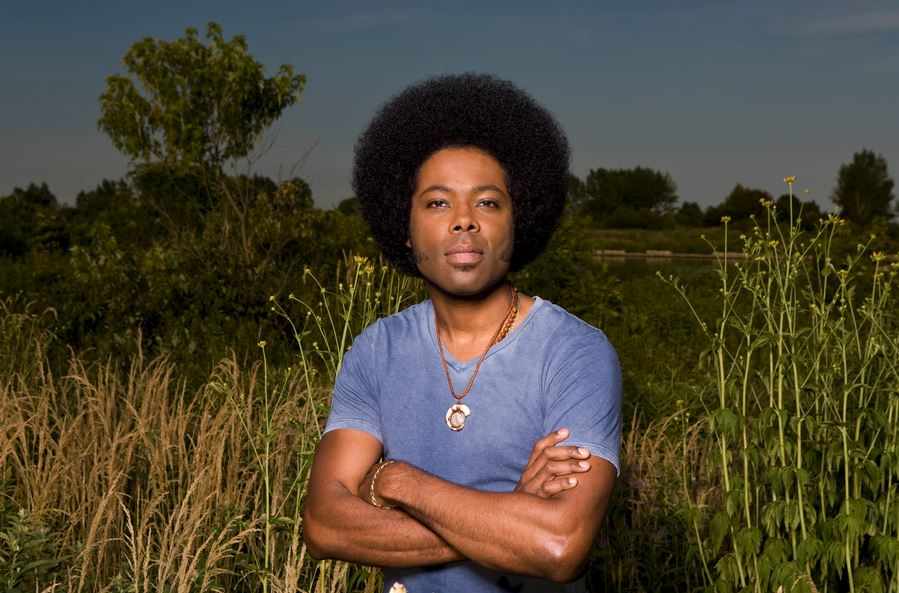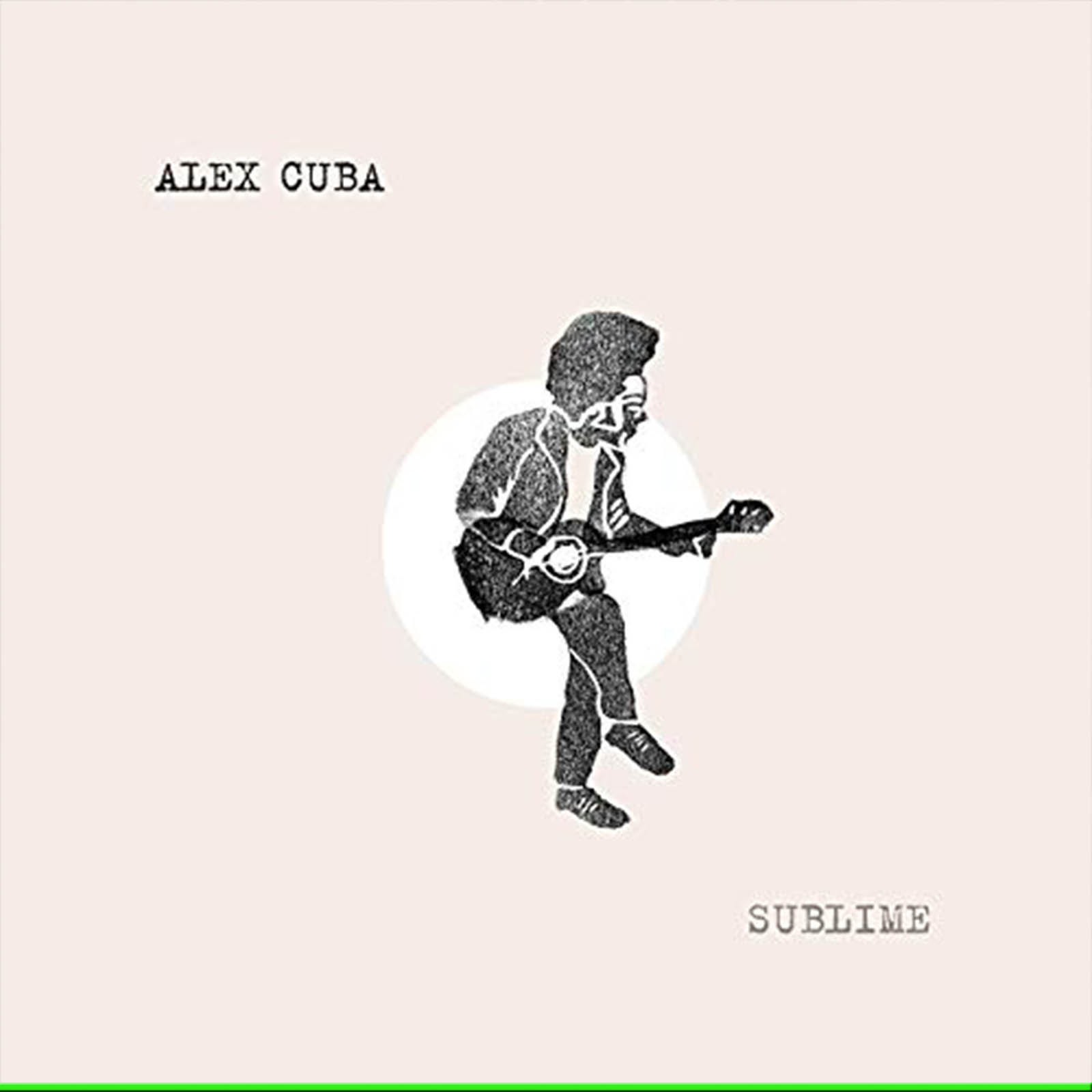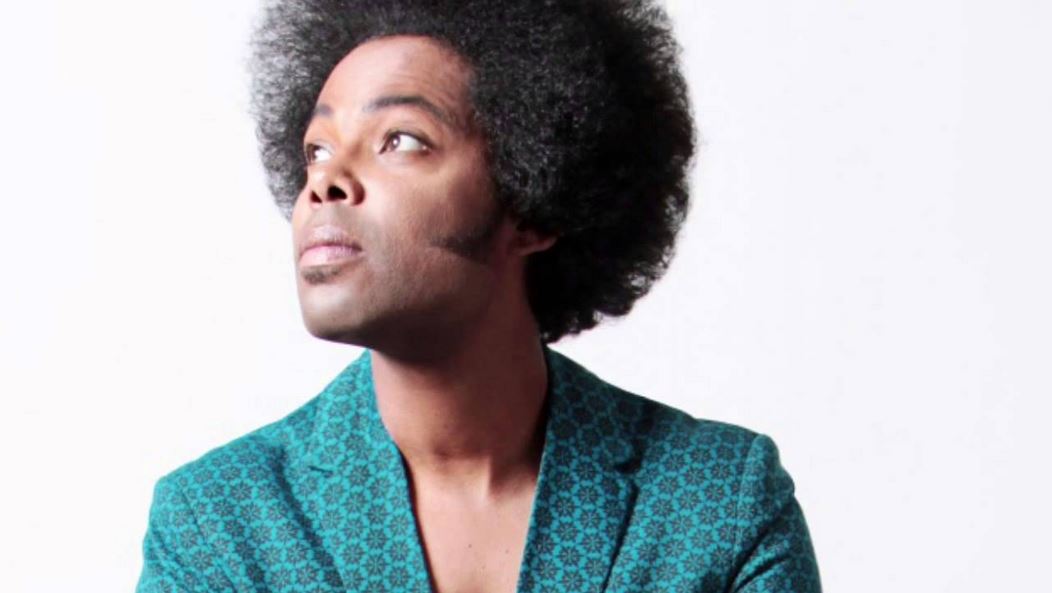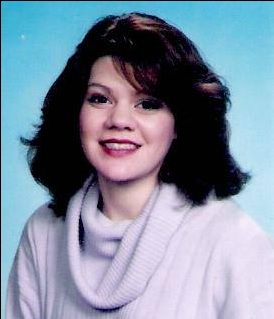Alex Cuba: A Flare for Contemporary Music
by Susan Frances
 Having a continental mind was imperative for musicians through the 20th century. Meaning, they desired to be broadminded about music, infusing elements from around the globe into their own repertoire. Singer, songwriter, and multi-instrumentalist Alex Cuba, born Alexis Puentes, takes the continental attitude a step further and shows a flair for making contemporary songs by way of global influences.
Having a continental mind was imperative for musicians through the 20th century. Meaning, they desired to be broadminded about music, infusing elements from around the globe into their own repertoire. Singer, songwriter, and multi-instrumentalist Alex Cuba, born Alexis Puentes, takes the continental attitude a step further and shows a flair for making contemporary songs by way of global influences.
Settling in Canada, Cuba was born in Cuba, where he began his journey playing in his father’s band. He remembers, “When I played in my father’s band I was a bass player and didn’t have a clue then that I was going to become a singer-songwriter someday, although I was already writing songs but not singing yet. I went on to play bass in jazz and pop genres in Havana before coming to Canada, where I first started singing the songs I had written in Cuba.”
He notes, “I only played with my father for a short time, but it was significant because that was my first trip to Canada and why I returned to live.” Turning retrospective, he muses, “In Cuba, I played with, toured and recorded jazz with a band called Temperamento (Roberto Fonseca, Javier Salva, Ruy Lopez Nussa, Emilito del Monte). We were the first house band for the Jazz Club La Zorra y El Cuervo.”
One of his early influences while living in Cuba was Trova music, which he explains, “Trova music is the music of the troubadour, the singer-songwriters kind of music. In Cuba, we have two different kinds of Trova, the Traditional Trova, and the New Trova. Trova was definitely there when I was growing up together with many other Cuban styles of music like Son, Guaracha, Cha Cha Cha, Rumba, Guaguancó, Danzón, Contradanza, etc.”
The rhythms of his homeland became his foundation, inspiring him to learn to play the guitar, to write music, and to sing. “I started playing guitar when I was six years old,” he cherishes, “and I guess I was attracted to it just from watching my dad playing. At age 14, I switched to the electric bass, and that was a crucial moment because it was through the electric bass that I discovered American music, which really widened my music universe.”
He determines, “From this point forward, I also started paying more attention to songwriting, and slowly I started to enjoy singing. These were the years where I did listen to a lot of music from Weather Report and Jaco Pastorius, and pretty much all American great bass players, from funk, rock, blues, jazz of course,” he hyphenates, “Cuban music both traditional and contemporary, and whatever else. I believe these years created in me some sort of music library from which I still feed my creativity, allowing me to create what it is today, my hybrid brand of music.”
Cuba’s hybrid of music involves merging his foundation of Latin rhythms with the music he discovered along his travels, listening, and playing with other musicians, some based in Cuba and some from Canada. Comparing the two cultures, he suggests, “As far as musicians go, I find that we are all pretty similar, no matter where we are from. We rework parts and their feel when rehearsing so that the music has the right DNA in it.”
He assesses, “In Cuba, we lean towards the Latin side, and challenge ourselves to produce the groove of American music. Rhythm is so  integral to our compositions and the backbone that everything is built around.”
integral to our compositions and the backbone that everything is built around.”
“In Canada,” he submits, “I start with a hook or melody, and the song comes along with the rhythm, and so the song appears more pop than what we would normally produce in Cuba where the strength of a song is in the power of the busy rhythm arrangements.”
“Of course here,” he observes, “it is the opposite when playing with North American musicians who have to challenge themselves to interpret the Latin side of my music. The classic example is always trying to find the “one,” but there are other subtleties such as the invisible clave that is in most of my songs, that I don’t play, but it is always there in the way the song needs to be played to have the right feel and not be cliche.”
His sense of crossbreeding traditional Cuban styles with contemporary pop made his collaboration with Canadian singer Nelly Furtado a compatible match. He recounts how the collaboration came together for her release Mi Plan. “I met Nelly Furtado through who was then her guitar player and music director, my friend James Bryan. It happened that Nelly wanted to find someone to write Spanish songs with, and James told her about me. I learned a lot from that collaboration. I learned the most important thing when collaborating with other artists. I learned to walk in the other party’s shoes and see the world from their eyes. It was a really great time with Nelly and James writing Mi Plan.”
 Fast forward to 2019, and Cuba has released his 7th solo effort entitled Sublime. A collection of songs that he deems, “I’ve been dreaming of an album like Sublime for a while, an intimate, vulnerable and personal album, and I guess the first few songs I wrote for it told me that yes, this was the one, and all I did was to follow that feeling.”
Fast forward to 2019, and Cuba has released his 7th solo effort entitled Sublime. A collection of songs that he deems, “I’ve been dreaming of an album like Sublime for a while, an intimate, vulnerable and personal album, and I guess the first few songs I wrote for it told me that yes, this was the one, and all I did was to follow that feeling.”
Expanding on his ability to duet with artists like Furtado, Cuba includes several duets on his latest recording like “Solo Mia” with Leonel Garcia, “Dividido” with Silvana Estrada, “Y Si Mañana” with Omara Portuondo, “No Son Manera” with Alex Ferreira, and “Hoy Como Ayer” with Pablo Milanés. “A few of those duets are songs that I co-wrote with the singer-songwriters,” he illuminates, “and found great chemistry with them, so it was so natural to invite them to the album.”
“The tracks with Omara, Pablo and Kelvis were different,” he clarifies, “as they didn’t write the songs with me. I just happened to hear their voices singing with me when I was demoing the songs, and all I did was to follow that and made it happen. The three of them loved the tunes and said yes right away.”
“When doing things like this,” referring to the spontaneity of his actions, “I always make sure that the song is appropriate for the guest singer so that they see themselves singing it right away and make it sound great.”
He points out his proclivity for recording duets previously. “I did an album in 2015 called Healer with mostly Canadian singer-songwriters who sang in English, and it creates an album that comes across as a playlist with different personalities,” he discerns. “I had a great experience with Healer and thought it would be great to do the same with this album but with Latin American singer-songwriters.”
He maintains, “I go on writing songs in between albums, which is usually 18 months to two years, more or less. During this time I collect ideas, melodies, basslines, etc. etc. whatever comes my way. I record it on my phone, and when it’s time to get serious about making an album, I go back on my phone and start looking for treasures. I like aiming at having as many songs as possible in order to make a good song selection for the album. It is not until the demo process that I choose the songs. I try to demo everything and then listen to them and make my mind from there. I guess with years as a songwriter; the experience allows us to be more direct and quick when writing and when choosing the songs.”
ideas, melodies, basslines, etc. etc. whatever comes my way. I record it on my phone, and when it’s time to get serious about making an album, I go back on my phone and start looking for treasures. I like aiming at having as many songs as possible in order to make a good song selection for the album. It is not until the demo process that I choose the songs. I try to demo everything and then listen to them and make my mind from there. I guess with years as a songwriter; the experience allows us to be more direct and quick when writing and when choosing the songs.”
A special track on Sublime is “Ciudad Hembra (La Habana),” which he details, “This song came to me in an interesting way as I wrote the chorus first about two years before writing the whole thing. I knew I had a powerful chorus, so I guess I took my time finding the right melody for the verses and pre-choruses. One night I was sitting in my living room, and the melody of the verse lands in my mind. I ran to a guitar and started to work it. It was a beautiful thing to watch it come together. I was super excited about this one. I wrote the lyrics the very next day. The arrangement came to me when I was writing it, which is something that usually happens to me, and I think it happens that way because of me being a musician for a long time (as a bass player) before fully turning into a singer-songwriter. I can hear the arrangement, the bass line, the groove, all of it when I’m writing the songs.”
Another gripping number is “Las Mujeres,” translated in English is The Women. He admits, “‘Las Mujeres’ has been with me for a while. I wrote it a few years ago and never found the album to put it on until now. I found that the message and the vibe of the song go well with the overall tone and message of Sublime. The inspiration for this song comes from an experience I had watching a man treating his girlfriend with little to no respect whatsoever. I thought to myself, one day, that woman is going to find or remember her power and leave that man, and that man is going to go back to that woman crying and begging her to please come back with him.”
The emotionally stirring subject matter is reflected in the melody, which, when performed live, can make the song even more potent to audiences. Cuba describes the two distinctly different settings. “I love the studio, and I love the stage. They both have their own kind of magic. I feel an immense fulfillment in the studio, bringing the songs to life and would love to spend more time recording. I make a lot of demos myself,” he discloses, “but I look forward to working with good engineers who take the sounds to the next level.”
“On stage,” he remarks, “there is nothing like the moments that are so magical that can’t be repeated – they belong in the moment. It can happen in a workshop at a festival where musicians are playing together for the first and only time, and a synergy happens and the audience is part of this great moment, or in parts of a rehearsed tour you just get a vibe going with an audience where I’m getting as much energy from them as I give and it creates something bigger than what we all put into it.”
In hindsight, he declares about the recording process, “The biggest challenge was recording the percussion. I decided to record all the instruments myself for reasons like taste and sound, and the percussion was the one thing I had never really recorded before, so it was a bit challenging for me, but it came out even better than I expected it.”
He discusses the focus for Sublime and proposes, “Sublime is a listening album, so intimate venues are the venues we are focusing on touring this album, making the music and the show communicate – the Sublime. I find that the music on Sublime goes well with many different radio formats, and that makes me happy. I have been performing many solo shows with the new music, and it astounded me how well the music is received with just guitar and vocal. The intimate nature of the music is pop, jazz, adult contemporary, and world at the same time.”
The 20th century may have paved the way for musicians to have a continental mind, but the 21st century is spearheaded by musicians like Alex Cuba, who possess a mind for contemporary music that has a hand on the pulse of the modern world. Cuba’s recording balances traditional foundation with contemporary ventures, making his music made for today’s times.
About Susan Frances:
 Born in Brooklyn, New York and raised in eastern Long Island, I always enjoyed writing and made several contributions to my high school literary magazine, The Lion’s Pen. Influenced by writers of epic novels including Colleen McCullough and James Clavell, I gravitated to creative writing. After graduating from New York University with a BA in Liberal Arts, I tried my hand at conventional jobs but always returned to creative writing. Since 1998, I have been a freelance writer and have over three thousand articles to various e-zines including: Jazz Times, Blogcritics, Yahoo Voices, Goodreads.com, Authors and Books (books.wiseto.com), TheReadingRoom.com, Amazon.com, Epinions.com, Fictiondb.com, LibraryThing.com, BTS emag, BarnesandNoble.com, RomanticHistoricalReviews.com, AReCafe.com, Hybrid Magazine, and BookDepository.com. In 2013 and 2014, I was a judge in the Orange Rose Writing Competition sponsored by the Orange County chapter of the Romance Writers of America located in Brea, California.
Born in Brooklyn, New York and raised in eastern Long Island, I always enjoyed writing and made several contributions to my high school literary magazine, The Lion’s Pen. Influenced by writers of epic novels including Colleen McCullough and James Clavell, I gravitated to creative writing. After graduating from New York University with a BA in Liberal Arts, I tried my hand at conventional jobs but always returned to creative writing. Since 1998, I have been a freelance writer and have over three thousand articles to various e-zines including: Jazz Times, Blogcritics, Yahoo Voices, Goodreads.com, Authors and Books (books.wiseto.com), TheReadingRoom.com, Amazon.com, Epinions.com, Fictiondb.com, LibraryThing.com, BTS emag, BarnesandNoble.com, RomanticHistoricalReviews.com, AReCafe.com, Hybrid Magazine, and BookDepository.com. In 2013 and 2014, I was a judge in the Orange Rose Writing Competition sponsored by the Orange County chapter of the Romance Writers of America located in Brea, California.





No Comments